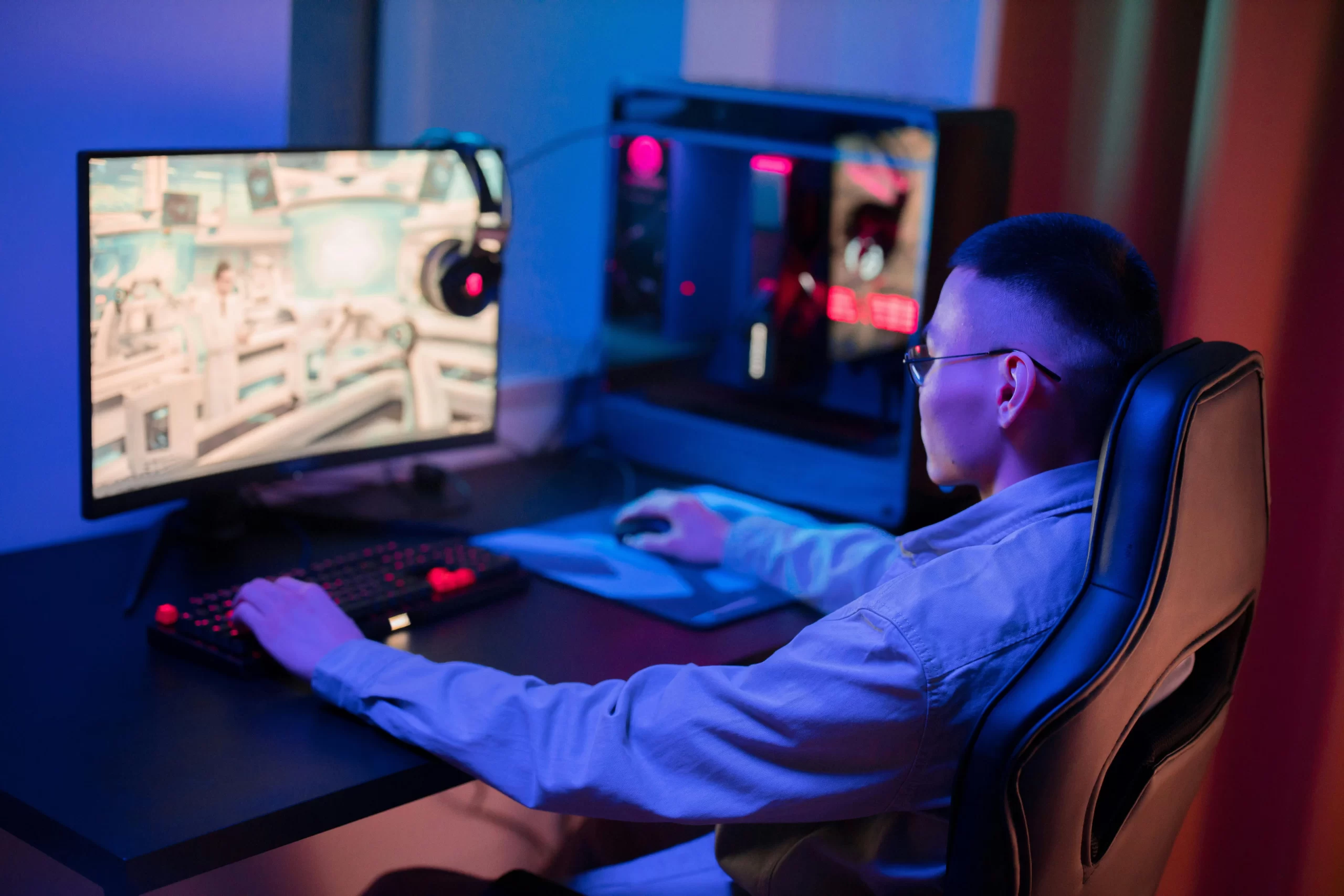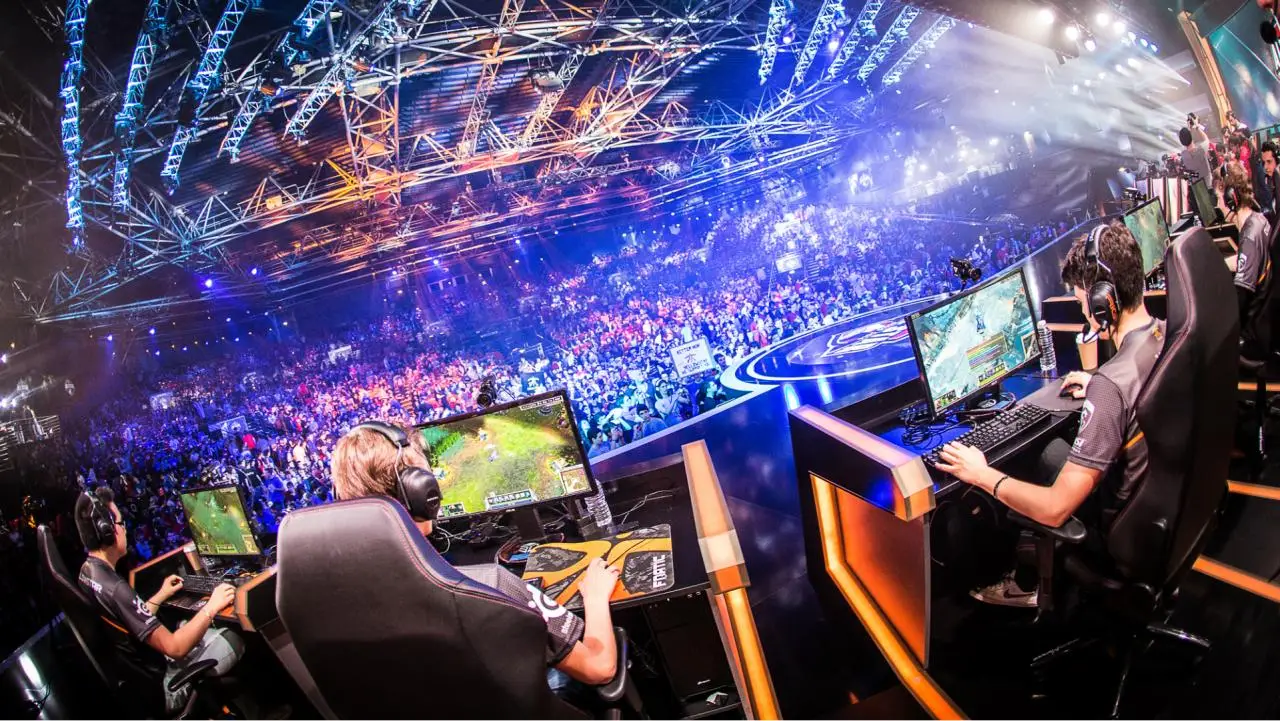The perception of video games as a waste of time or purely entertainment is gradually becoming a thing of the past. Modern scientific research convincingly shows that the influence of gaming on the brain is much deeper and more multifaceted. Contrary to common stereotypes, during gameplay, the brain does not switch to a passive mode but actively trains. Games stimulate the functioning of key areas responsible for memory, attention, reaction speed, and decision-making, forming new neural connections and improving the ability to effectively cope with cognitive loads. In this article, we will discuss in more detail how video games affect the brain.
Games and the Brain: Insights from Neuroscience
The scientific community has long ceased to view video games as mere entertainment. Today, the impact of gaming on cognitive functions is actively studied by leading research centers worldwide, including universities such as Harvard and Oxford. Modern neuroimaging methods, such as functional magnetic resonance imaging (fMRI), allow us to visually observe how video games affect the brain.
Studies show that gameplay activates key areas of the brain. In particular, the activity of the frontal lobes responsible for decision-making, planning, and behavioral control is enhanced, as well as the hippocampus, which plays a central role in memory formation and learning. Activation of the visual areas of the cerebral cortex leads to improved processing of visual information. Even after a relatively short period of active gameplay (e.g., 90 minutes), changes in neurochemistry may occur, including an increase in dopamine levels, which affect motivation and reward systems, and entire cognitive networks responsible for performing complex tasks are activated.
Furthermore, regular engagement with video games leads to stable structural changes in the brain. Neurobiologists from Stanford and other scientific centers have found that experienced gamers exhibit increased gray matter density—up to 10-15%—in crucial areas such as the prefrontal and parietal cortex. These areas are directly linked to reaction speed, the ability for rapid information analysis, and effective decision-making. Such densification of neural connections forms a physiological basis for enhancing cognitive abilities, developing strategic thinking, and even fostering unconventional problem-solving approaches.
Video Games: Developing Motor Skills and Coordination
How do video games influence the brain in terms of motor skills? Research from the University of California confirms that platformers and shooters enhance fine motor skills. For example, the shooter Call of Duty improves reaction time and visuomotor coordination by 30% compared to a control group.
VR platforms strengthen the connection between the vestibular system and vision. Medical professionals use gamified simulators in rehabilitation after strokes and injuries. The benefits of computer games go beyond entertainment and serve as a tool for neurotherapy.
Games as Decision-Making Training
How do video games affect the brain in decision-making matters? Strategic and logical genres foster cognitive flexibility. Games like Civilization VI require planning moves 40-50 steps ahead. Such practice develops divergent thinking and action algorithmization.
Research from the Massachusetts Institute of Technology has shown that players have a 20% higher accuracy in predicting outcomes of complex situations. Scientists have established that during the execution of complex gaming tasks, the dorsolateral prefrontal cortex is actively engaged. This brain region is responsible for strategic thinking, initiating processes of analysis, planning, and consequence calculation.
Socialization Effect
The myth of social isolation has been debunked. How do video games influence the brain in this aspect? Multiplayer games enhance empathy and improve communication skills. This is prominently displayed in MMORPGs (World of Warcraft, Final Fantasy XIV), where players coordinate real-time actions, negotiate, persuade, and collaborate.
A study from the Oxford Internet Institute has shown that gamers demonstrate a high level of social adaptation and are more likely to choose professions related to communication.
Unexpected Stress Relief Tool: Games and Mood
Emotional state is another aspect where the influence of video games on the brain is evident. The journal Nature Human Behaviour published data showing that even 20 minutes a day in an arcade game reduces cortisol levels by 30%.
Gaming sessions boost dopamine production—the pleasure neurotransmitter. Unlike passive stimuli like sweets or shopping, games require involvement, effort, and achievements. This makes the outcome “earned,” enhancing emotional resilience.
From Hobby to Profession: Games as a Career
How do video games influence the brain in terms of career prospects? Educational platforms actively apply gaming methods. Minecraft: Education Edition develops spatial thinking and teamwork. Over 70 universities in the USA use gaming simulations in teaching medicine, law, and engineering.
A career in gaming is no longer exotic. UX designers, developers, analysts, testers—all have emerged from virtual worlds. Top corporations include gaming skills in hiring competencies for a reason: multitasking, creativity, problem-solving.
How Video Games Affect the Brain: Conclusions
How do video games affect the brain? Research shows that the positive impact surpasses stereotypes. Games accelerate thinking, enhance memory, improve emotional state, and promote socialization. Moderate, conscious gaming brings benefits, develops key skills of the 21st century, and opens up new career paths.
 en
en  de
de  ar
ar  es
es  nl
nl  hi
hi  fr
fr  it
it  pt
pt  el
el 









